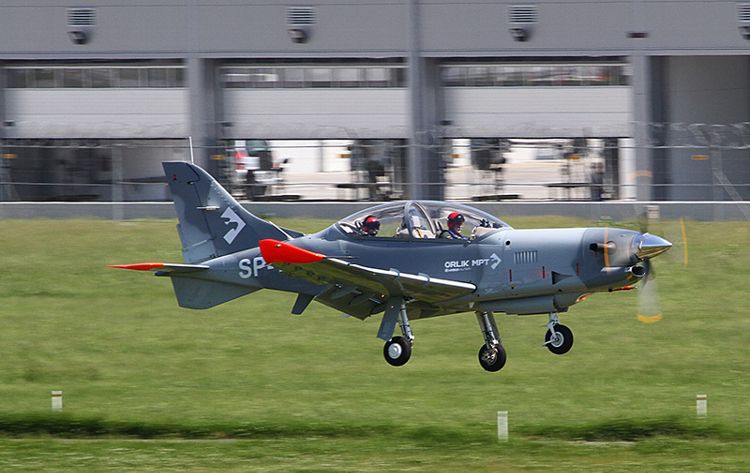
The Polish Air Force’s fleet of earlier generation PZL 130 Orlik TC-I trainer aircraft are to undergo a radical modernisation that will bring them up to the latest global aviation standards and allow them to operate for decades to come, said in Airbus Defence.
Under the terms of a contract awarded by the Polish Defense Ministry, PZL Warszawa-Okęcie will perform extensive structural and avionics upgrades on the 12 aircraft before returning them for service as effectively new machines.
Designated Orlik TC II Advanced, the modernised aircraft will join 16 similar aircraft currently being updated from the more recent Orlik TC II standard in a uniform fleet.
More: China rolls out the first export JL-9 fighter-trainer jet
Work begins immediately and will see the aircraft re-enter service at 42 Air Training Base, Radom between mid-2019 and October 2020 with lives of 12,000 flight hours ahead of them.
The two-part work package includes first the provision of new wings, tails, engines and propellers, and then the complete replacement of the cockpit instrumentation and avionics with modern systems.
More: Sudanese Air Force signs FTC-2000 trainer aircraft contract
The modernisation permits the introduction of “on-condition” instead of calendar-based maintenance, and half as frequent checks, resulting in major operating cost savings.
Manuel Heredia, President and CEO of PZL said: “This programme will provide a cost-effective route for Poland to train its future military pilots in an advanced aircraft that meets all equipment requirements to fly in today’s regulated and controlled airspace while remaining a fully aerobatic trainer permitting the latest instructional techniques.